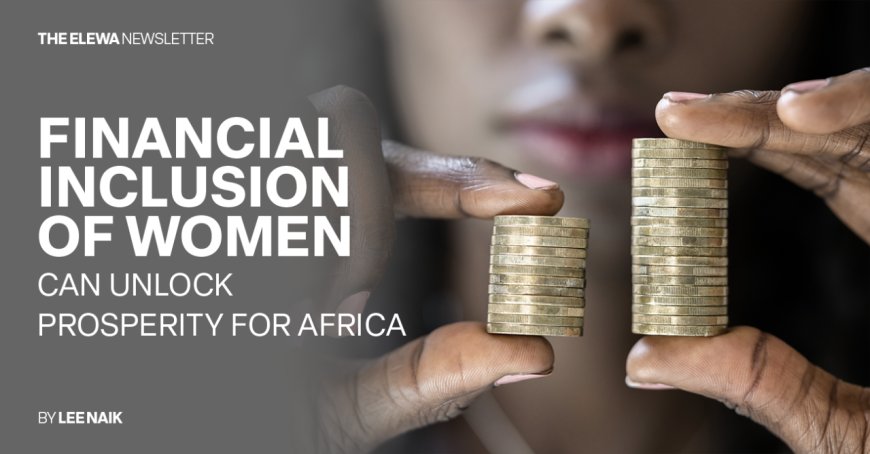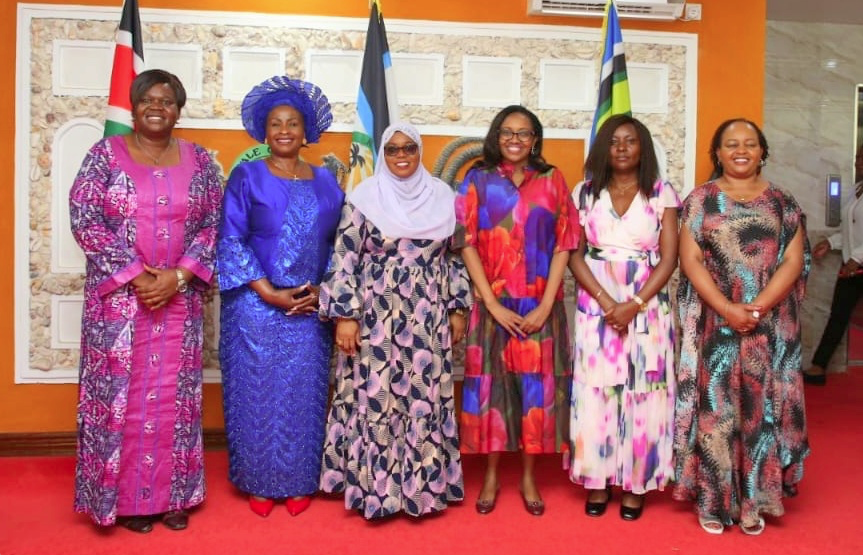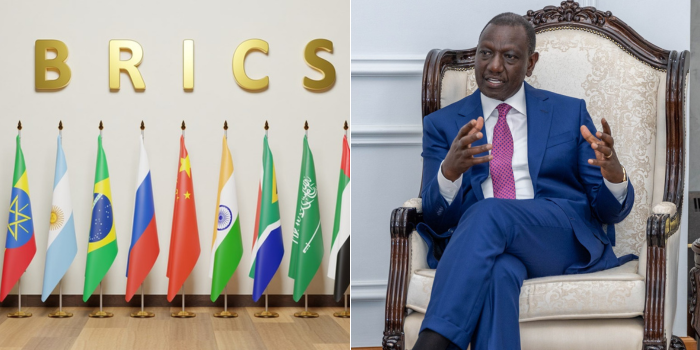Women and Financial Independence: Building Wealth and Breaking Chains
Discover the importance of financial literacy and independence for women. Learn how financial empowerment can break the chains of dependency and foster economic growth and personal freedom.

Picture this: You’re in a cell, hands cuffed behind your back, and someone arrives to save you. However, they only unlock the cell without freeing your hands from the cuffs. It seems futile, doesn’t it? Similarly, discussing women’s liberation without equipping women with the necessary tools for their freedom is equally ineffective. Financial literacy and independence are those tools, the keys to unlocking the cuffs and truly setting women free.
In Kenya, where the hustle and bustle of markets blend with the digital age’s rapid pace, financial independence for women is not just a luxury—it’s a necessity. Financial literacy empowers women to make informed decisions, manage their resources effectively, and build wealth. It’s about understanding money, not just having it.
The Power of Financial Literacy
Financial literacy encompasses understanding and effectively employing various financial skills, such as personal financial management, budgeting, and investing. For women, it holds the key to contributing meaningfully to domestic financial decisions, which, in turn, can lead to broader empowerment. Imagine a woman in Nairobi, navigating the complexities of investments and wealth building. With financial literacy, she can make autonomous decisions, especially in emergencies or unforeseen circumstances.

Breaking the Chains of Dependency
Economic empowerment allows women to control their finances, make autonomous decisions, and explore possibilities for socioeconomic development. Without sound financial management, women may unwittingly fall into debt traps, develop poor spending habits, and lack long-term financial planning. On the other hand, when women are financially literate, they can make autonomous decisions, especially in emergencies or unforeseen circumstances.
The Kenyan Context
In Kenya, financial independence is particularly crucial. According to the World Bank, women’s empowerment involves removing the constraints that impede women and girls from realizing their goals. These constraints include lack of access to financial services, limited financial literacy, and socio-cultural barriers. By addressing these issues, we can pave the way for women to achieve financial independence and contribute to the country’s economic growth.
Building Wealth
Financial independence is not just about survival; it’s about thriving. Women who are financially independent can invest in their education, start businesses, and build generational wealth. They can provide for their families, contribute to their communities, and break the cycle of poverty. Financial independence is a powerful tool for social change, enabling women to challenge traditional gender roles and assert their rights.
Conclusion
Financial literacy and independence are the keys to unlocking the cuffs of dependency and setting women free. By empowering women with the knowledge and skills to manage their finances, we can build a more equitable and prosperous society. So, let’s break the chains and build wealth—one financially literate woman at a time.
What's Your Reaction?







































































































